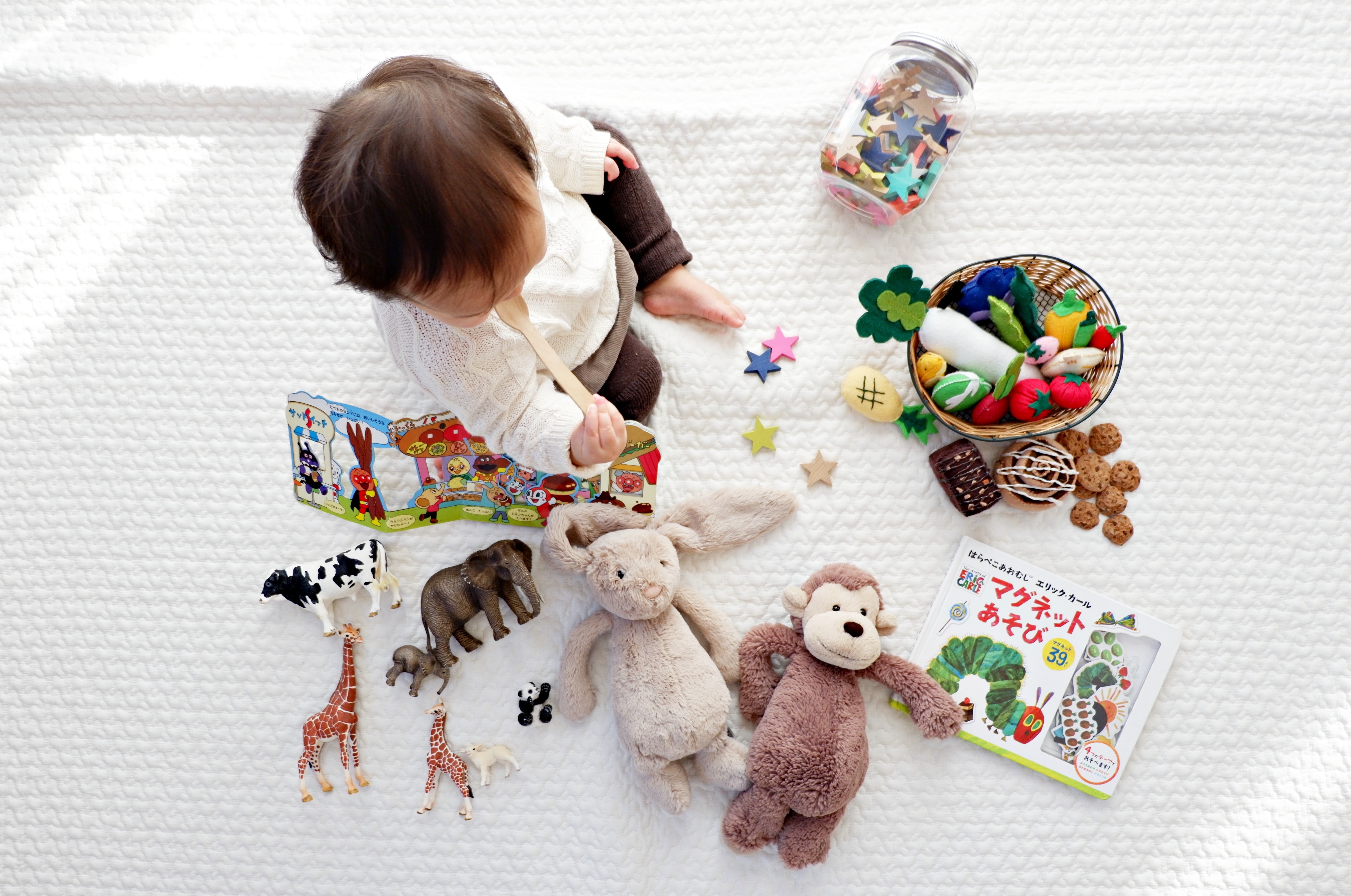Planning and support
It helps if you have a plan for home in the first few days. You can schedule in visitors or ask for a bit of time and space as you settle down, or you might like to enlist the help of family and friends in general household duties. Having your baby’s changing table, clothes, nappies and sleeping spot ready will help your peace of mind.
Sleep
Your own sleep situation is important, and how you can help that or plan for that will optimise your wellbeing. Pre-preparing everything you need for feeding, and, if you have an available partner or caregiver available to help, will give you time to catch a few valuable hours sleep. Try to sleep whenever your baby does so that you get into sync.
Supplies
Having everything you need – whether its nappies, formula, wipes – will avoid you having to go out and buy things last minute. It also pays to have a good stock of non-perishable, frozen or pre-prepared food ready. High-fibre foods will help to reduce the pressure of bowel movements.
Self-care
Childbirth is a traumatic experience for your body. Ice-packs will help reduce swelling in the first 24 hours, and warm packs and warm baths will help your muscles recover. You will have to take extra care of yourself if you have had surgery in your perineal or vaginal areas or from a caesarean.
Bonding
You and any other parent or caregiver should try and spend as much time with your baby as possible. This skin-to-skin contact will help form a bond and is important in your baby’s early development, leading to improved emotional and health outcomes for both parents and the baby into the future.



